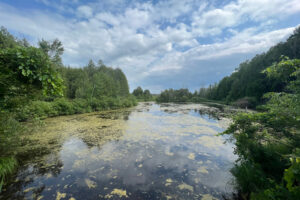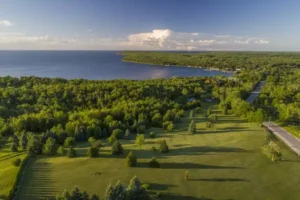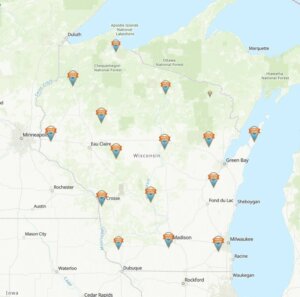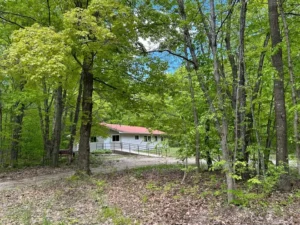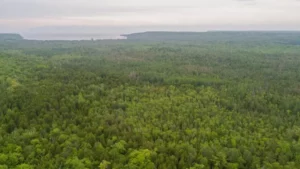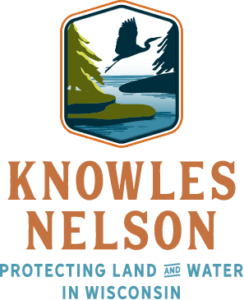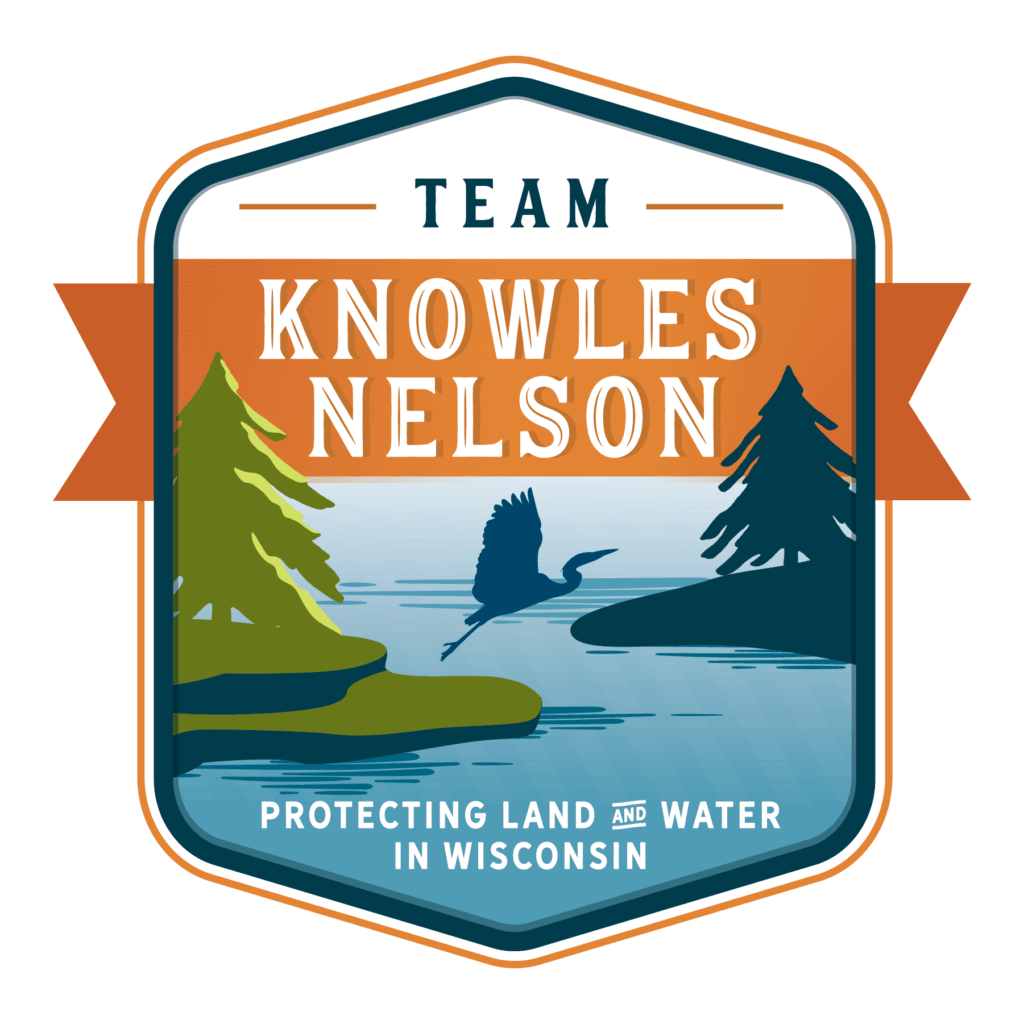The signs of climate change are becoming more obvious with each passing year. In Wisconsin, a rogue 70 degree day in December isn’t so unusual anymore, nor are devastating weather events like floods and tornadoes.
In “Hope for a failing planet,” published in the Isthmus, Erik Ness outlines some reasons to be optimistic about the future, despite the destruction we have already experienced and the catastrophes that may yet be coming.
For example, northern Wisconsin saw some of the worst flooding in the history of the state recently. The silver lining? Unanimous, bipartisan support for conservation measures. In March 2020, Act 157 passed, providing Ashland County with $150,000 to “test natural flood risk reduction practices.”
In 2019, the groundwork for what we now call the 30×30 initiative was presented in a signature paper authored by over a dozen prominent conservation scientists. The argument is that protecting 30 percent of nature by 2030 is an achievable target and an effective conservation strategy.
Nationwide, support for 30×30 is high. Recent polling showed that “four out of five voters nationwide favored protecting at least 30 percent of America’s land, ocean and inland waters by the year 2030.”
In Wisconsin, residents strongly support conservation efforts, even if they don’t recognize our primary land acquisition fund, the Knowles-Nelson Stewardship Program, by name.
“Like most public policy polling, a dismaying number of respondents don’t recognize the program by name. But when the goals, context and costs of the program are described, support surges over 90 percent. Democrats and Republicans are different, but both parties register significant support.”
And yet, our deeply divided political environment has unfortunately resulted in a turn away from the previously bipartisan support for conservation to open hostility and lies by Republican lawmakers and supporters. One example, the attempted dismantling of Department of Natural Resources under former Gov. Scott Walker. Employees were banned from mentioning climate change.
In 2019, Assembly Speaker Robin Vos stated, “I don’t know if climate change is real. I think it probably is. I have no idea why it is occurring nor do most people on the planet.”
This is where non-profit conservation organizations step in and lead the way, touting the benefits of nature-based solutions, prioritizing conservation, and protecting land from future development.
Nick Miller, director of science and strategy for the Nature Conservancy in Wisconsin said, “But preserve and manage an acre of wetland, or other natural systems, and you get a huge array of collateral benefits, or co-benefits.”
The benefits can be found on more than just publicly protected natural areas. “There are many natural working lands out there in Wisconsin,” says Miller. “We really just have to find a balance between all of these, so that we can find the best fit between people’s needs and nature’s needs.”
Featured image by Jeffrey W. Spencer, 2012.


